The closure of the United States Agency for International Development (USAID) under the Trump administration has raised doubts over the future of the U.S influence in the Global South. The abrupt policy shift disrupts ongoing humanitarian and economic development efforts, particularly in South Asia, and creates an opportunity for China to expand its soft power in the region.
With USAID pulling back, China’s extensive financial engagement and investment in South Asian countries like Pakistan, Bangladesh, and Sri Lanka are likely to deepen, altering the geopolitical landscape.
USAID has played a role in South Asia, funding programs in health, education, and infrastructure. In Pakistan, USAID contributed over $8.5 billion between 2002 and 2020, funding projects in energy, agriculture, and governance. Its departure leaves a vacuum that China is prepared to fill through initiatives like the Belt and Road Initiative (BRI).
Under the BRI, China has already committed more than $62 billion to Pakistan through the China-Pakistan Economic Corridor (CPEC), with major investments in energy and transportation infrastructure. As USAID funding diminishes, Pakistan will likely rely even more on Chinese investment.
In Bangladesh, USAID provided over $7 billion in development assistance over the past five decades, focusing on health, climate resilience, and disaster response. However, China has made significant inroads in the country, particularly in infrastructure projects. Chinese companies have been involved in the construction of key projects such as the Padma Bridge rail link and the Dhaka - Chittagong railway expansion. As USAID reduces its role, Bangladesh has increasingly sought Chinese financing, including a $3.6 billion loan for the Payra coal-fired power plant, underscoring China's growing economic presence.
Sri Lanka has also been a significant recipient of USAID assistance, receiving over $2 billion in aid since 1956. However, Chinese investments, particularly in port development and real estate, have dramatically increased over the past decade. The construction of the Hambantota Port, funded through a $1.1 billion Chinese loan, resulted in Sri Lanka ceding a controlling stake to a Chinese company on a 99-year lease due to debt repayment struggles. As USAID’s role diminishes, Sri Lanka remains financially tied to China, increasing its dependence on Chinese-backed infrastructure projects.
China's financial engagement in South Asia has been extensive, with its total foreign direct investment (FDI) in the region reaching approximately $40 billion. In addition, China’s global foreign aid expenditures rose from $631 million in 2003 to over $3 billion by 2023. This financial clout allows Beijing to shape economic policies in recipient countries, often in ways that align with its strategic interests. The decline of USAID’s presence may further cement China’s influence, reducing Washington’s leverage in the region.
The withdrawal of USAID could shift South Asia’s geopolitical balance, giving China an even stronger foothold. China’s increasing role as a foreign aid provider means that countries like Pakistan, Bangladesh, and Sri Lanka may find themselves increasingly reliant on Chinese economic aid.
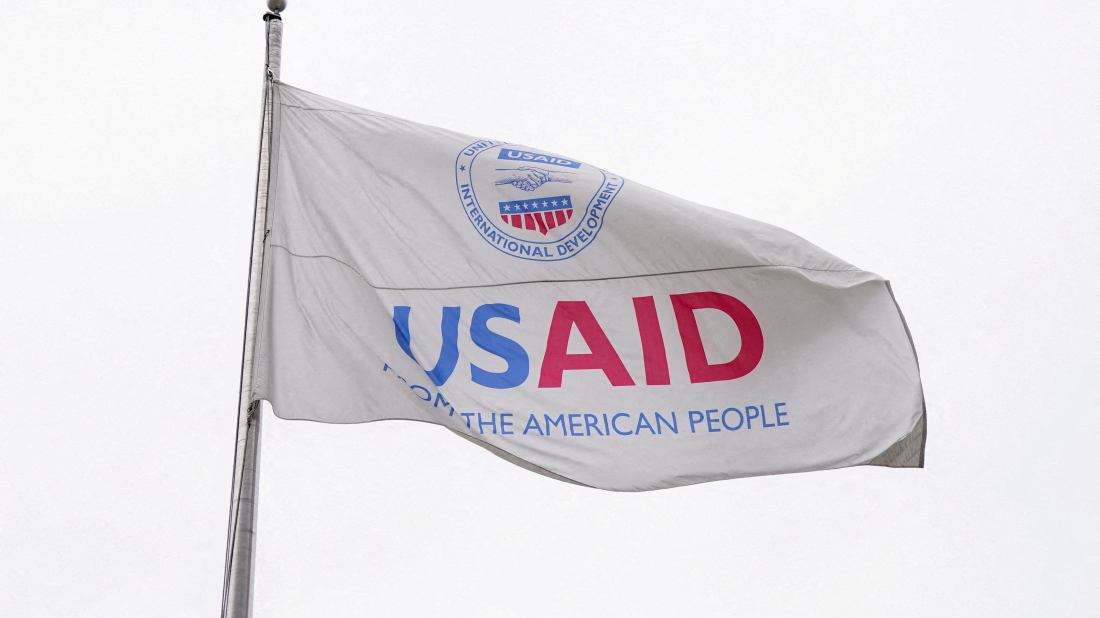
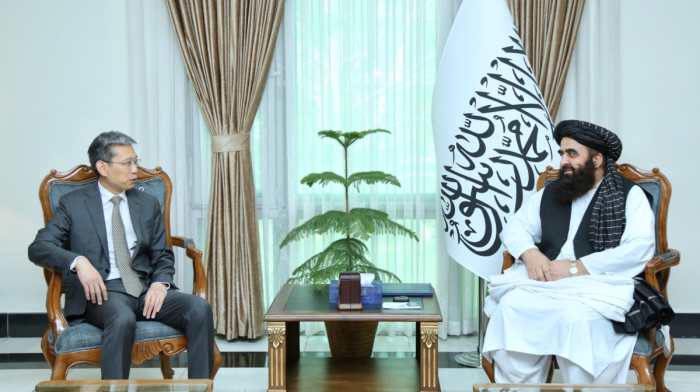

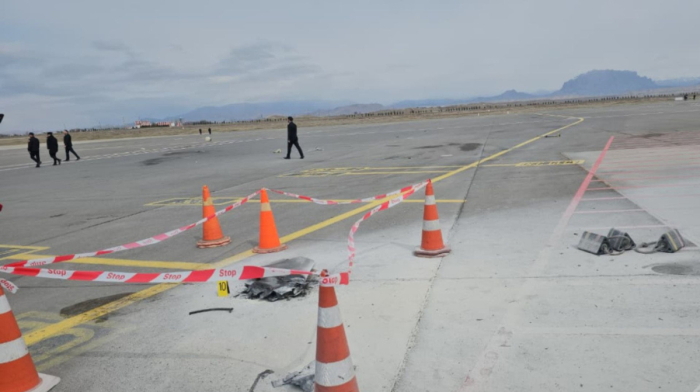



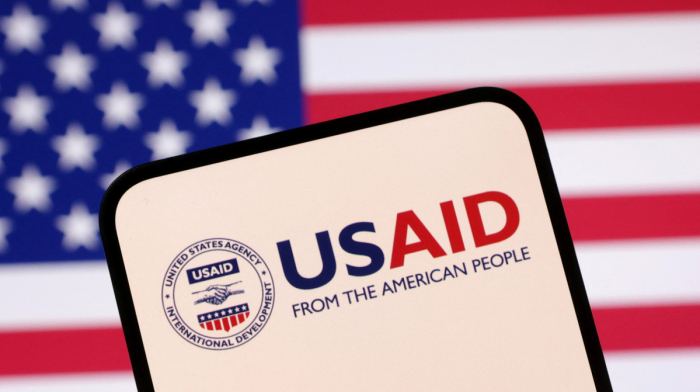
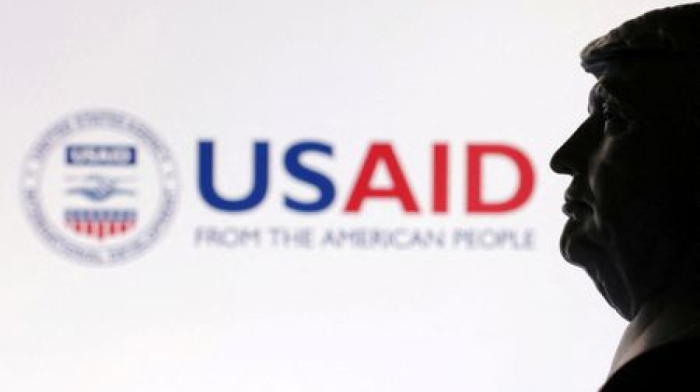
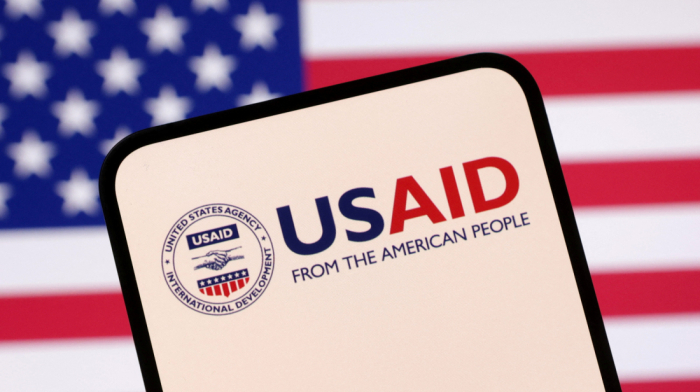
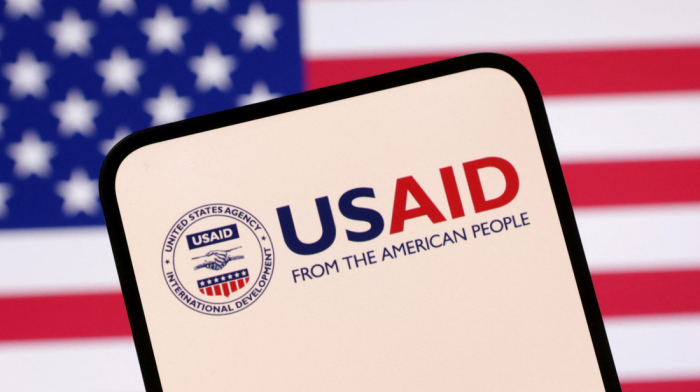

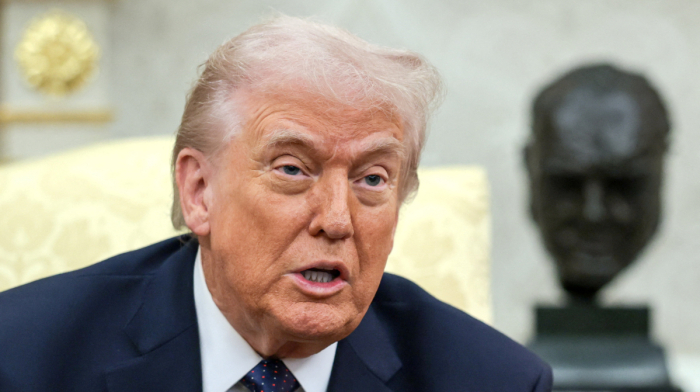

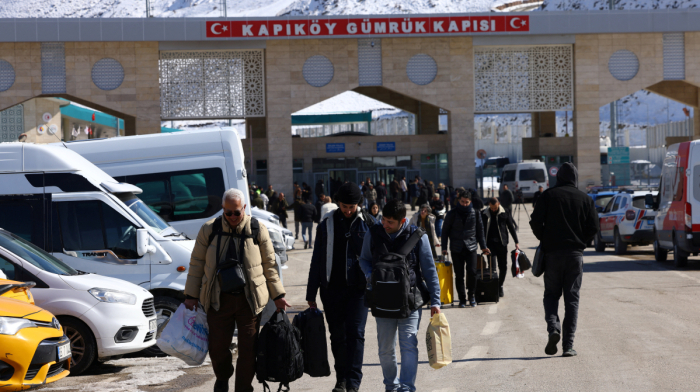


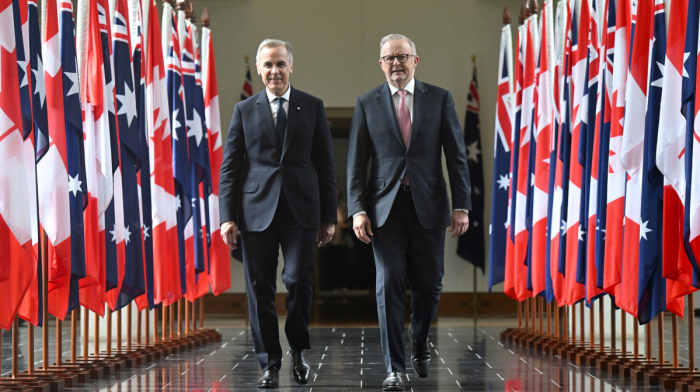
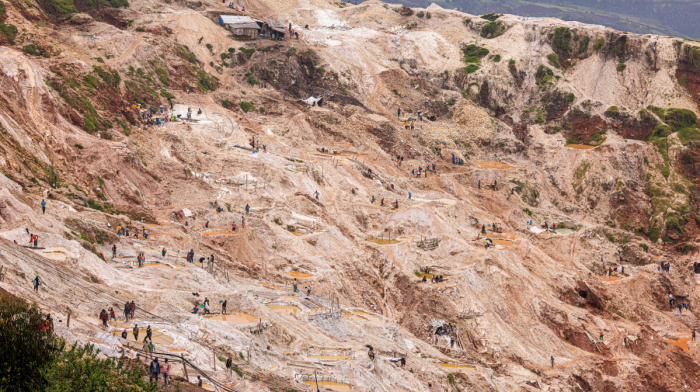




What is your opinion on this topic?
Leave the first comment